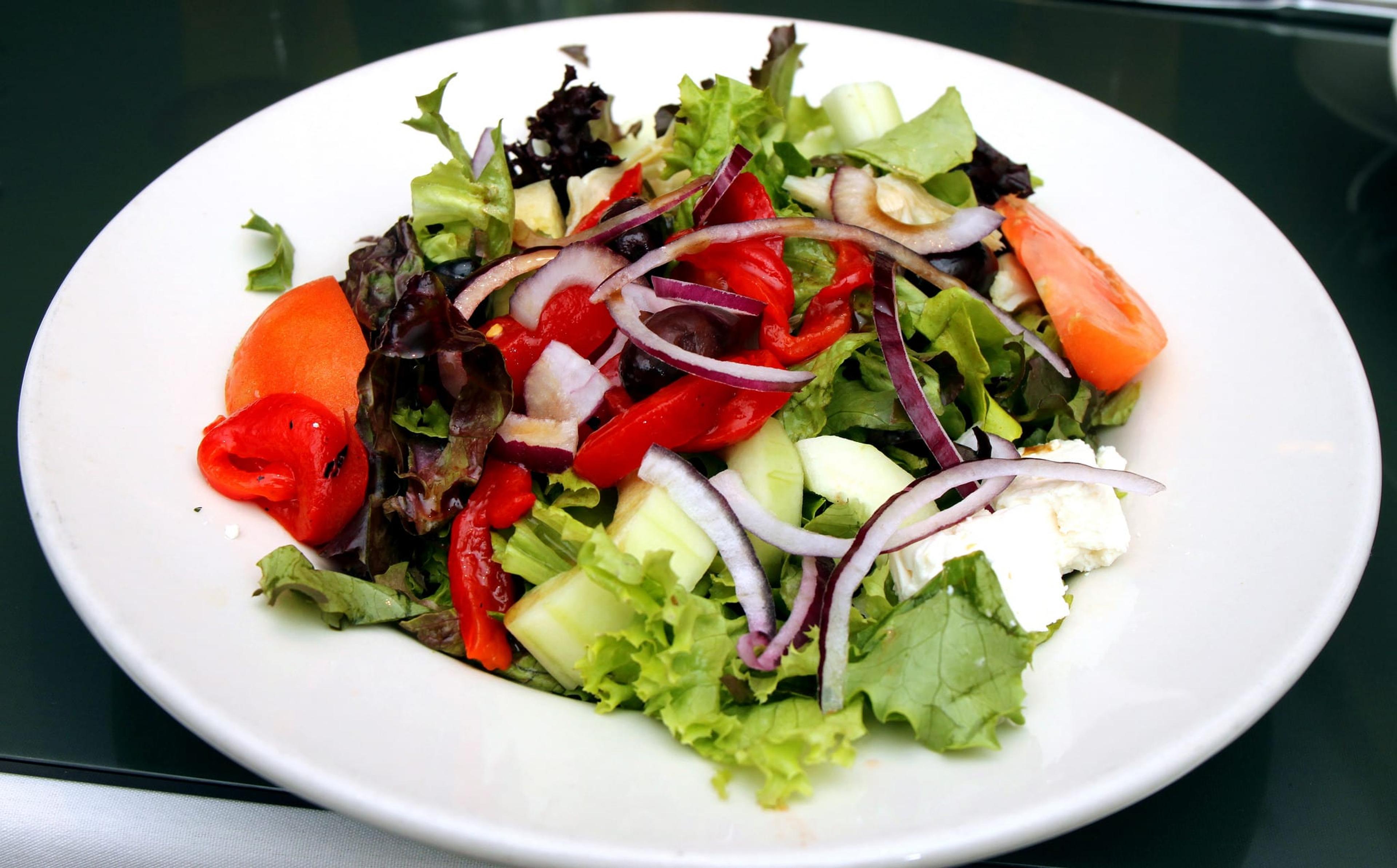Fifth- and sixth-grade students at Father Marquette Catholic School in Marquette are behaving peculiarly. They’re checking nutrition labels before they choose drinks and snacks. At family dinner time, they’re offering to help make the salad. When they have down time, they’re seeking out extra opportunities for physical activity. They’re eating vegetables. Don’t worry. There’s no alien invasion, just a well-executed plan to empower students to think more deeply about the choices they can make to improve their health. Father Marquette Catholic School is one of Blue Cross Blue Shield of Michigan’s Building Healthy Communities schools in the state. The fifth- and sixth-graders at the school have been immersed in Project Healthy Schools curriculum, which is provided by the University of Michigan. There are five main goals educators hope children learn through the program. At the end of ten lessons, students should understand the benefits of:
- Eating more fruits and vegetables.
- Choosing less sugary food and beverages.
- Eating less fast and fatty food.
- Being active every day.
- Spending less time in front of a screen.
Teacher Abby Shunk, who is coordinating the program for Father Marquette, said it’s working and that students are making healthy changes. “So far it’s been a wonderful success,” she said. “They’re really becoming advocates for their health.” Students worked through the ten lessons in a two-week mini wellness unit, tackling one topic per day. Bulletin boards promoting health and wellness are prominent in the school and are changed regularly to spotlight different lessons. Shunk said she’s observed students’ embracing what they’ve learned through the lessons, which were easy to incorporate into the curriculum. “It was so easy to follow and it was so fun for the kids,” Shunk said. “The kids learned so much and became so empowered with the knowledge that they’re in charge of their own health.”
U of M Wellness Coordinator, Katelin Davis, said the ten main lessons are put together and reviewed by a curriculum developer, as well as a team of University of Michigan doctors and nurses. Project Healthy Schools celebrated its ten-year anniversary in the fall. Each school selected for the three-year program gets one-on-one attention to make systemic changes that enable healthy choices. The program works with food service directors to ensure the menu is nutritious and balanced and works with teachers and other staff to make sure ample opportunities exist for physical activity. Davis said students take an assessment at the beginning and end of the program to see how much they’ve learned. “We’ve had really great results in the past ten years overall,” Davis said. Shunk said the information presented to kids isn’t groundbreaking, but the language and lessons were created in a way they can understand and act on. “It just made their health more accessible to them,” Shunk said. The Building Healthy Communities program was founded in 2009 to fight childhood obesity and lead children to a healthier future. It has since grown into a partnership between BCBSM and the Michigan Department of Community Health, among other partners such as U of M. If you liked this post, you might also enjoy:






